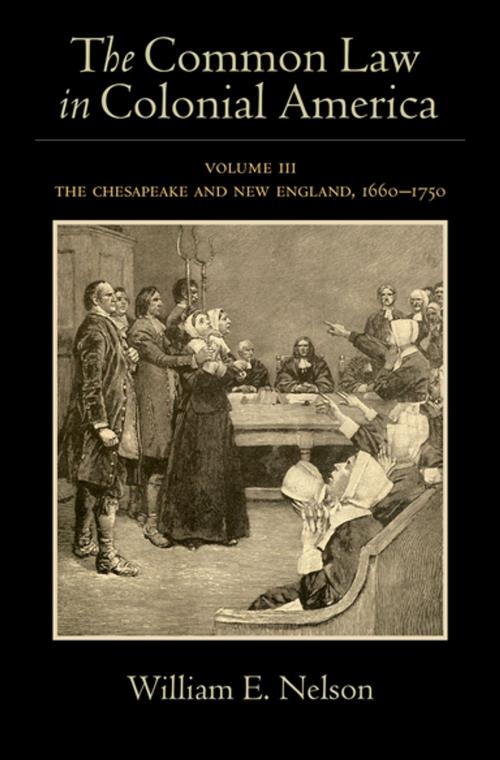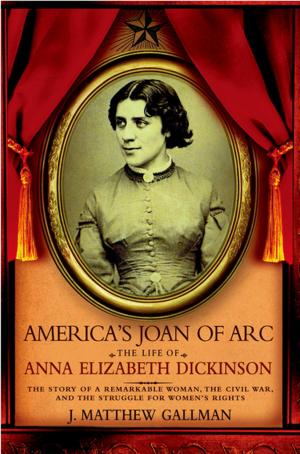The Common Law in Colonial America
Volume III: The Chesapeake and New England, 1660-1750
Nonfiction, Reference & Language, Law, Legal History, History, Americas, North America, Revolutionary| Author: | William E. Nelson | ISBN: | 9780190465070 |
| Publisher: | Oxford University Press | Publication: | April 20, 2016 |
| Imprint: | Oxford University Press | Language: | English |
| Author: | William E. Nelson |
| ISBN: | 9780190465070 |
| Publisher: | Oxford University Press |
| Publication: | April 20, 2016 |
| Imprint: | Oxford University Press |
| Language: | English |
In a projected four-volume series, The Common Law in Colonial America, William E. Nelson will show how the legal systems of Britain's thirteen North American colonies, which were initially established in response to divergent political, economic, and religious initiatives, slowly converged until it became possible by the 1770s to imagine that all thirteen participated in a common American legal order, which diverged in its details but differed far more substantially from English common law. Volume three, The Chesapeake and New England, 1660-1750, reveals how Virginia, which was founded to earn profit, and Massachusetts, which was founded for Puritan religious ends, had both adopted the common law by the mid-eighteenth century and begun to converge toward a common American legal model. The law in the other New England colonies, Nelson argues, although it was distinctive in some respects, gravitated toward the Massachusetts model, while Maryland's law gravitated toward that of Virginia.
In a projected four-volume series, The Common Law in Colonial America, William E. Nelson will show how the legal systems of Britain's thirteen North American colonies, which were initially established in response to divergent political, economic, and religious initiatives, slowly converged until it became possible by the 1770s to imagine that all thirteen participated in a common American legal order, which diverged in its details but differed far more substantially from English common law. Volume three, The Chesapeake and New England, 1660-1750, reveals how Virginia, which was founded to earn profit, and Massachusetts, which was founded for Puritan religious ends, had both adopted the common law by the mid-eighteenth century and begun to converge toward a common American legal model. The law in the other New England colonies, Nelson argues, although it was distinctive in some respects, gravitated toward the Massachusetts model, while Maryland's law gravitated toward that of Virginia.















